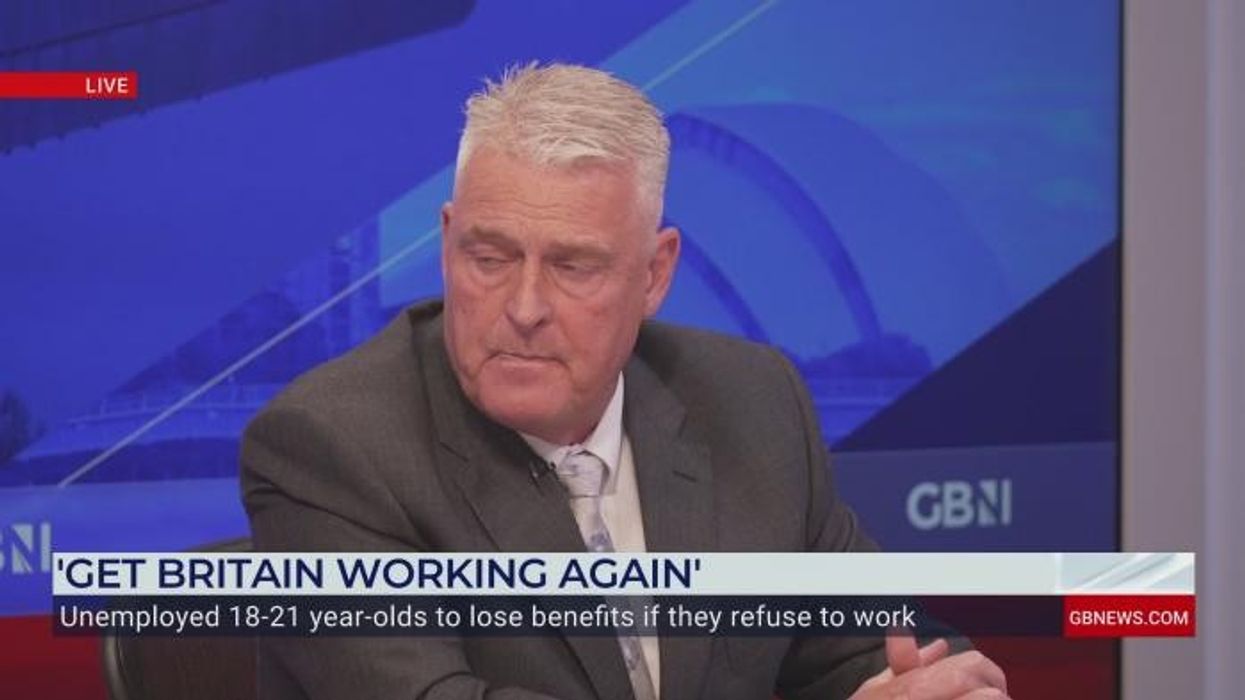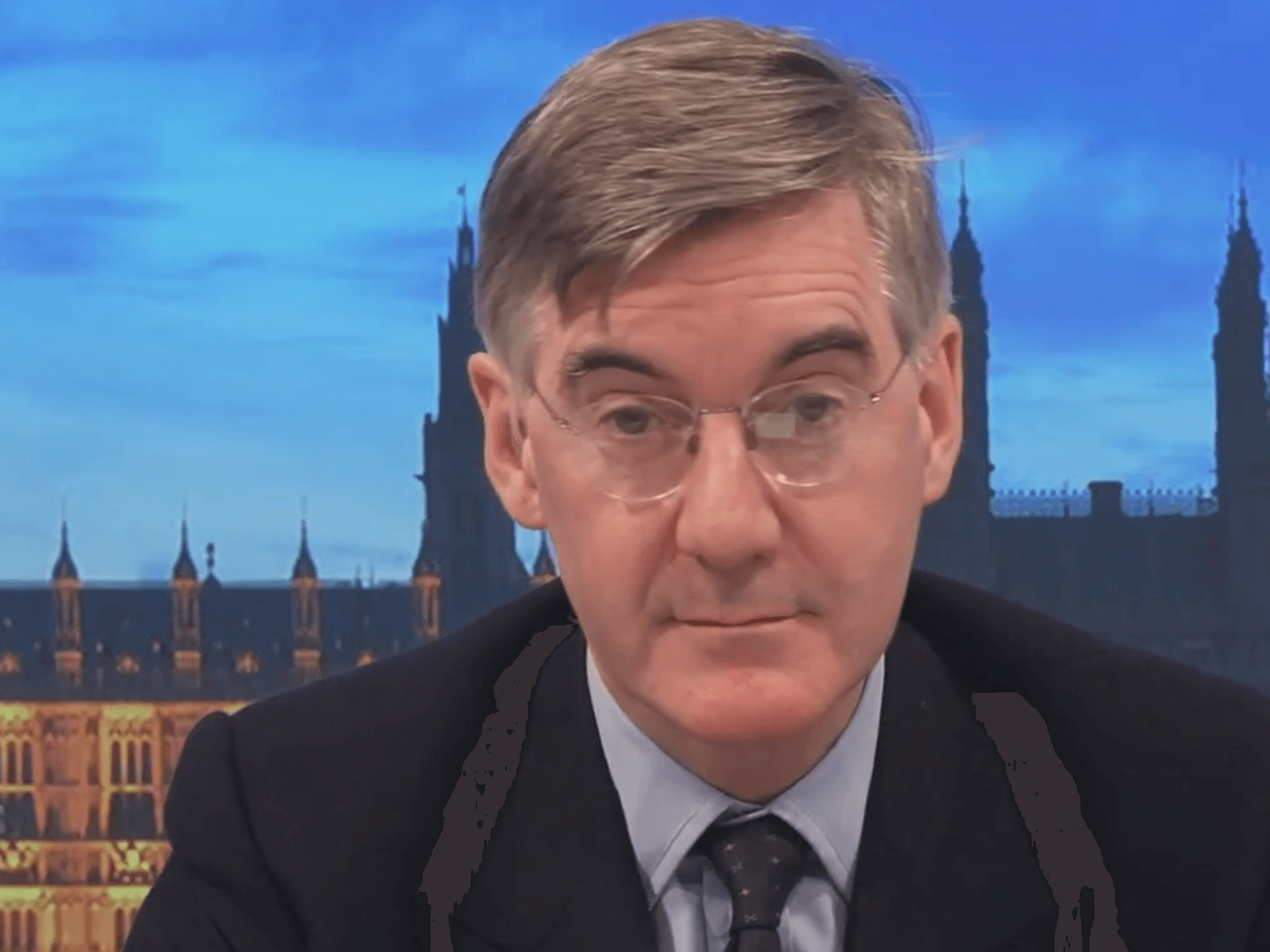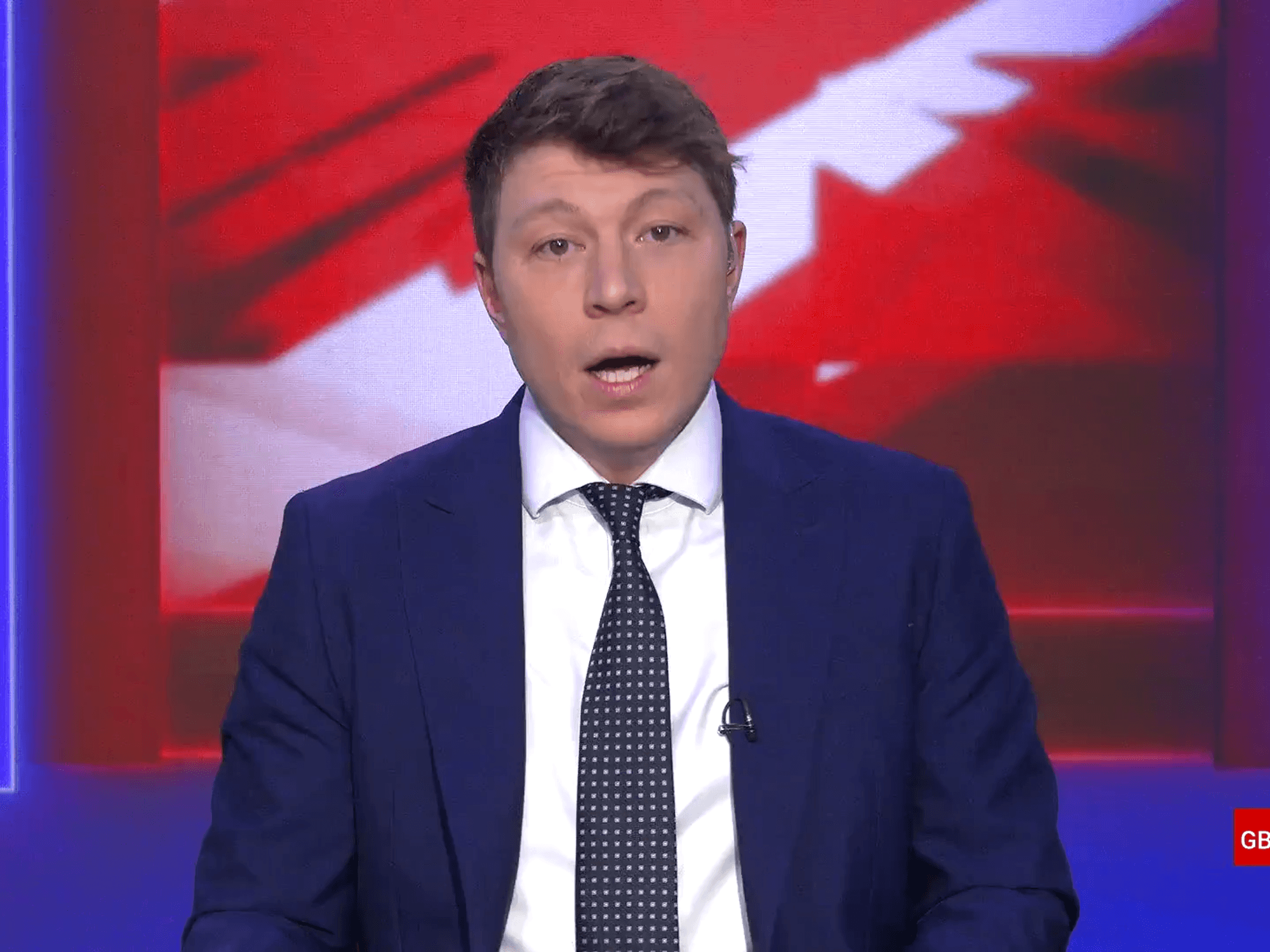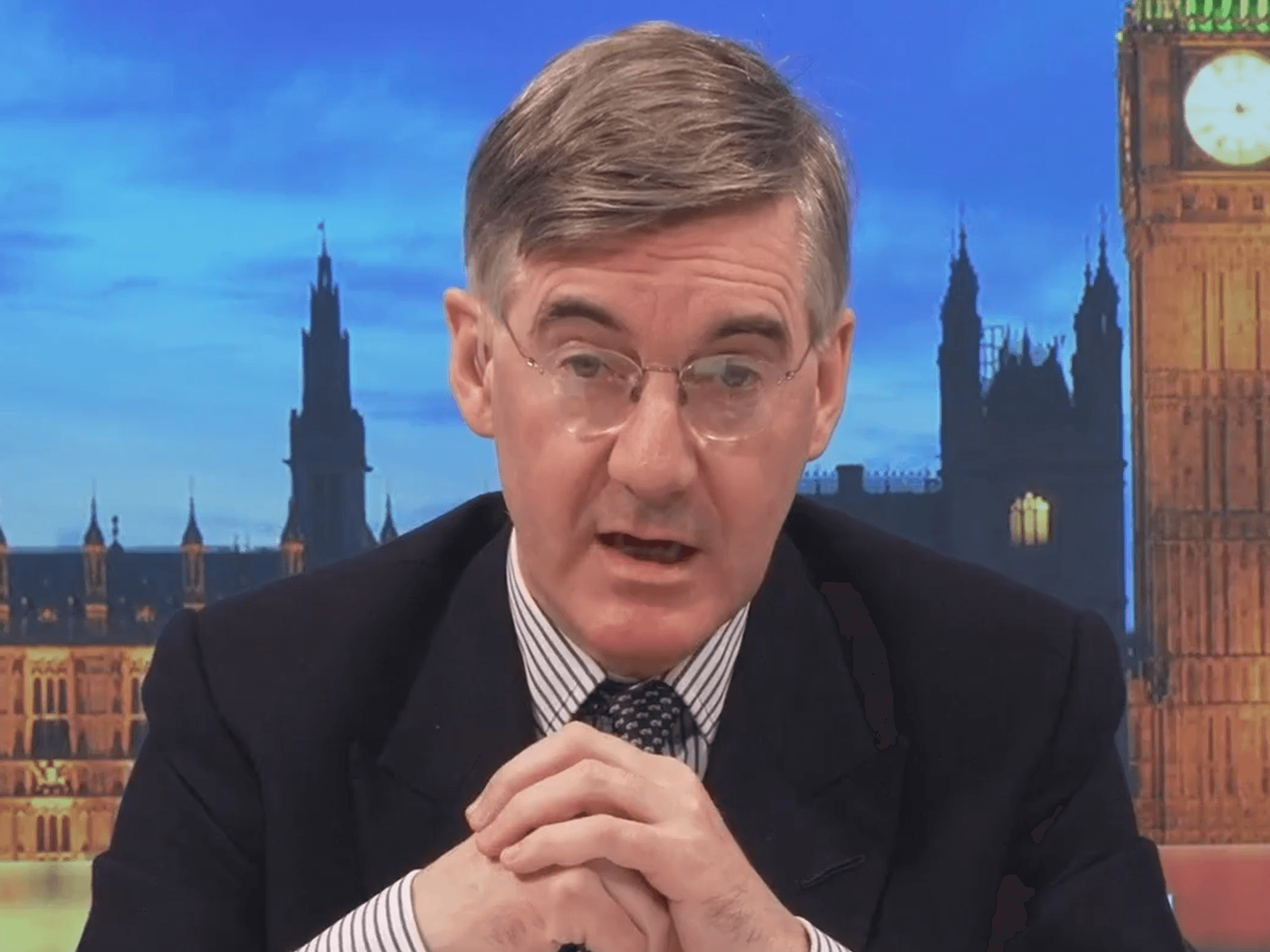Vauxhall owner Stellantis posts huge £2billion loss after Trump's auto tariffs impact sales

Stellantis recently announced that it would be ending its investment in hydrogen fuel cell vehicles
Don't Miss
Most Read
Latest
Stellantis, the vehicle manufacturer in charge of Vauxhall and Fiat, is expected to post a net loss of almost £2billion as it fights back against President Trump's auto tariffs.
In an announcement this morning, Stellantis confirmed that it had posted a net loss of €2.3billion or £1.99billion, alongside net revenues of €74.3billion (£64.3billion) in the first half of the year.
Stellantis noted that the early effects of US tariffs had an impact on the financial results of the manufacturer.
US President Donald Trump launched automotive tariffs on all foreign imports of cars and vehicle parts at a flat rate of 25 per cent at the start of April.
Do you have a story you'd like to share? Get in touch by emailing motoring@gbnews.uk
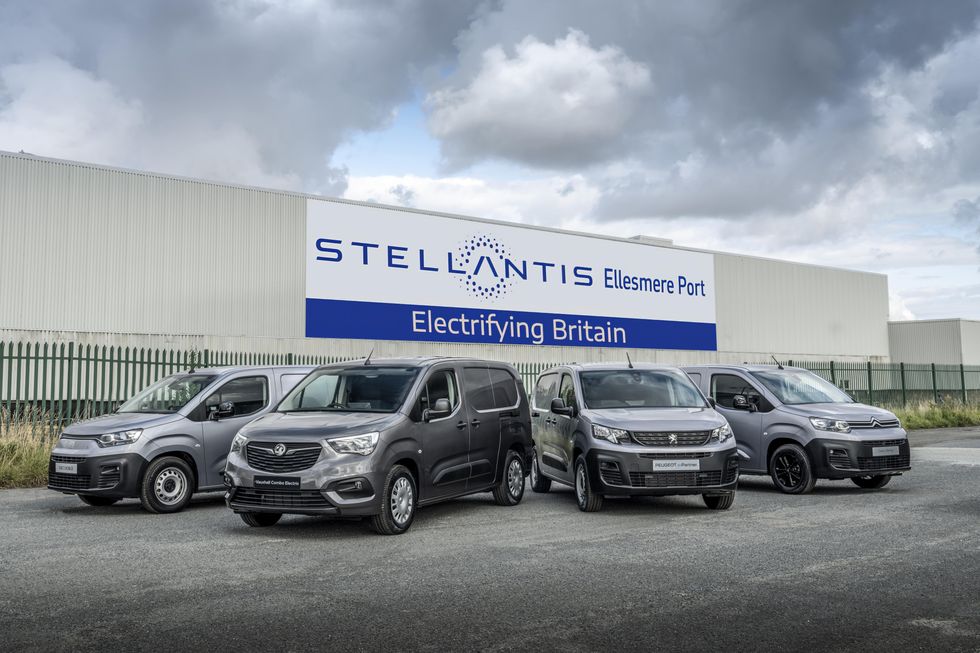
Vauxhall owner Stellantis posted huge net losses in the second quarter of the year
|GETTY
Many countries and companies are still dealing with the impact of these tariffs, although the UK Government secured a deal with the Trump administration to lower the tariffs to just 10 per cent.
Shipments across Europe in quarter two of 2025 also fell, but only by six per cent compared to the same time last year.
It stated that this was down to the scaling up of its "Smart Car" platform for B-segment vehicles, in addition to the hiatus of the Fiat 500 ICE.
The hybrid version of the Fiat 500 will launch in the coming months, while shipments of the Citroen C3 and C3 Aircross, Vauxhall Frontera and Fiat Grande Panda increased 45 per cent in Q2 compared to Q1.
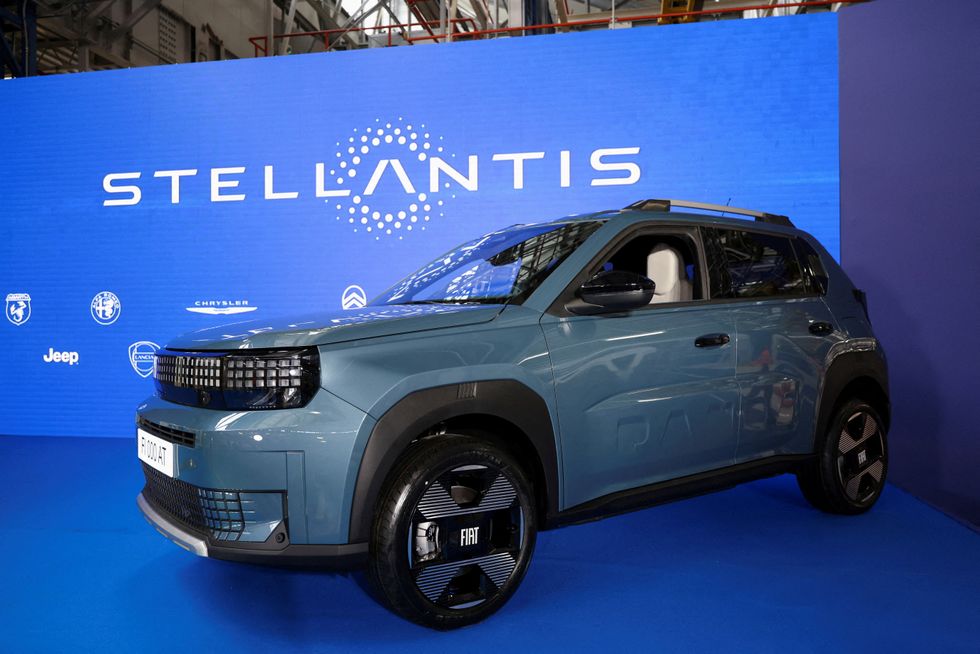
Stellantis reported increased sales of its B-segment vehicles in Q2, including the Fiat Grande Panda
|REUTERS
Stellantis stated that around £259million of net tariffs were incurred, as well as a loss of planned production related to the company's response plan.
Shipments of Stellantis vehicles to the United States declined by 25 per cent year-on-year in the second quarter of the year.
In 2024, Stellantis imported over 40 per cent of the 1.2 million vehicles it sold in the United States, with most coming from Canada and Mexico.
The company said it had been forced to reduce vehicle imports to the US, with further considerations to be made in the coming weeks and months.
LATEST DEVELOPMENTS:
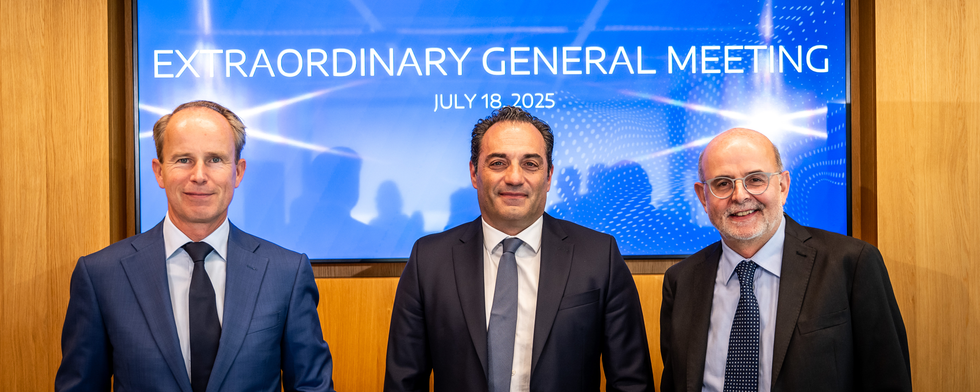
Antonio Filosa (centre) was unveiled as the new Stellantis CEO last week
|STELLANTIS
It comes just a few days after Stellantis announced that shareholders approved the appointment of Antonio Filosa as a member of the Board of Directors and an executive director of the brand.
Stellantis has several car brands under its umbrella, including Alfa Romeo, Citroen, DS Automobiles, Fiat, Maserati, Opel, Peugeot, and Vauxhall.
It also operates a number of manufacturers that have a large footprint on the American market, such as Chrysler, Dodge, Jeep, and RAM.
Analysts from JPMorgan said: "Results reflect the early stages of actions being taken to improve performance and profitability, with new products expected to deliver larger benefits in the second half of 2025."
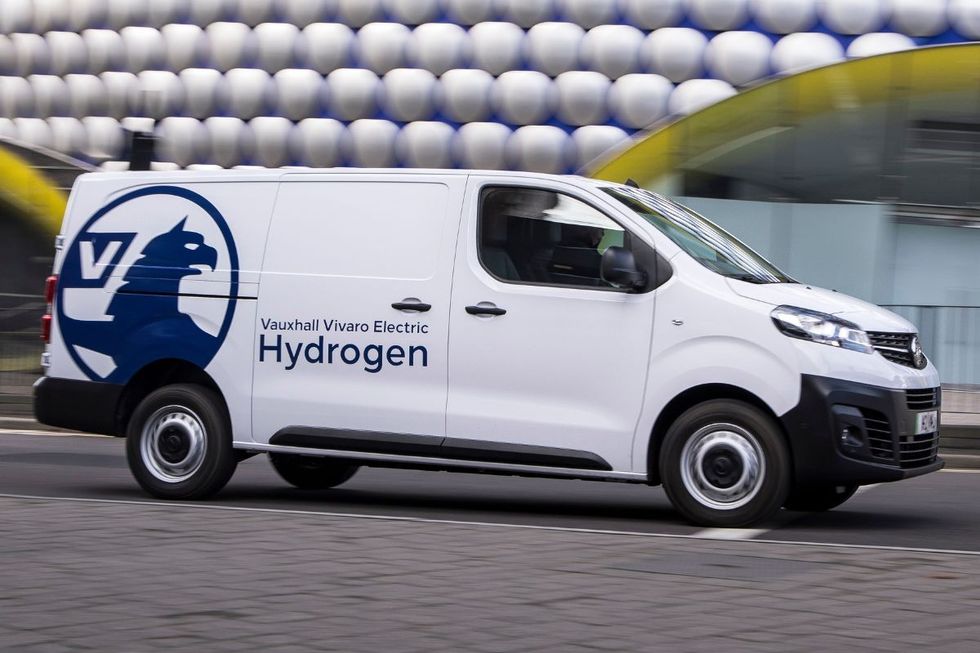
Vauxhall, which is owned by Stellantis, currently sells two hydrogen fuel cell vans
| STELLANTISStellantis, which has its headquarters in Hoofddorp, Netherlands, recently announced that it would be axing its hydrogen fuel cell vehicle development plan.
It cited concerns around the level of Government incentives and "no prospects" in what it described as a "niche market".
Jean-Philippe Imparato, COO at Stellantis for Enlarged Europe, said: "In a context where the Company is mobilising to respond to demanding CO2 regulations in Europe, Stellantis has decided to discontinue its hydrogen fuel cell technology development programme."
Production of some hydrogen-powered vehicles was scheduled to start soon in Hordain, France (medium-sized vans) and Gliwice, Poland (large vans).


